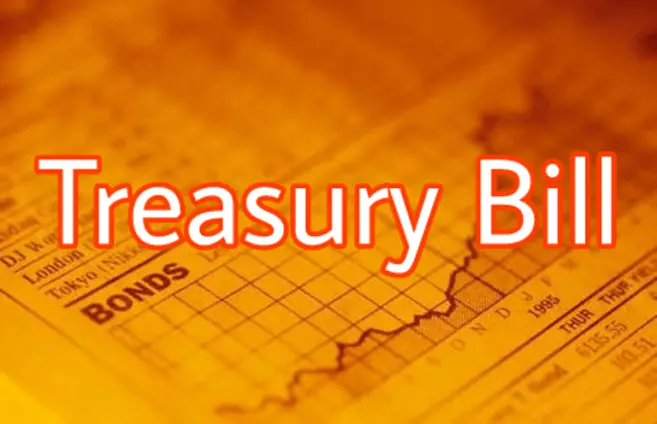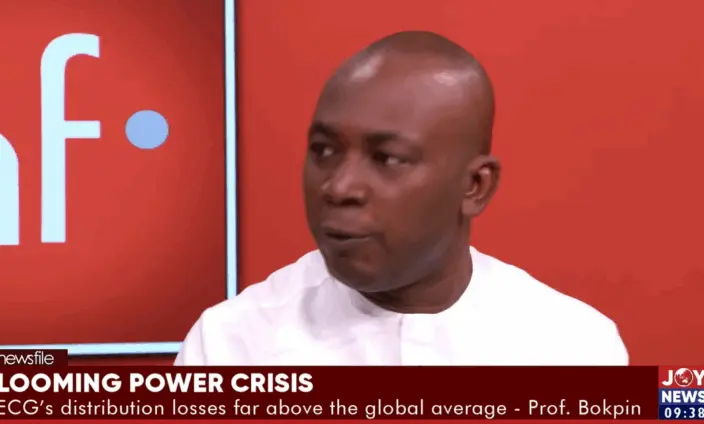In Accra, Ghana, investor appetite for the nation’s treasury bills is waning, creating a ripple effect through the financial markets. For the third consecutive week, the government has fallen short of its target at the T-bills auction, a trend that signals a shift in investor sentiment. According to the Bank of Ghana’s latest auction results, the undersubscription rate is nearing 20%, prompting questions about the underlying causes and potential economic ramifications. This recent performance in the T-bills market is a notable development for investors and economic observers alike.
The most recent auction aimed to raise GH¢6.684 billion, but bids only totaled GH¢5.353 billion. Of those bids, the government accepted only GH¢2.762 billion, revealing a significant gap between ambition and reality. The 91-day bill saw GH¢4.361 billion tendered, with GH¢2.093 billion accepted. For the 182-day bill, GH¢731.20 million was tendered, and GH¢513.86 million accepted. Finally, the 364-day bill received GH¢260.88 million in tenders, with GH¢154.91 million ultimately accepted. This breakdown illustrates the extent of the undersubscription across various maturities.
Adding to the complexity, interest rates on these T-bills have also been trending downward. The yield on the 91-day bill experienced a slight decrease, dropping by 6.0 basis points to settle at 15.10%. Similarly, the yield on the 182-day bill saw a marginal easing, moving from 15.70% to 15.68%. The interest rate on the 364-day bill also saw a dip, decreasing by 2.0 basis points to reach 16.78%. These concurrent movements—undersubscription coupled with declining interest rates—paint a nuanced picture of the current state of Ghana’s treasury bill market.
What could be driving this reduced demand? Several factors are likely at play. One possibility is the allure of alternative investment options. Investors, always seeking optimal returns, may be drawn to opportunities outside of treasury bills that promise higher yields or better risk-adjusted performance. Concerns about rising inflation may also be a deterrent. The fear of eroding returns can make investors hesitant to lock their funds into fixed-income securities, especially if they anticipate that inflation will outpace the interest earned.
Another potential factor is liquidity. In times of economic uncertainty, investors often prioritize having readily available cash. This preference for liquidity can lead them away from longer-term investments like T-bills. Further, the government’s ongoing domestic debt restructuring could be weighing on investor appetite. Such restructuring events often create uncertainty and can make investors more cautious about investing in government securities.
These trends have important implications for both government financing and the broader Ghanaian economy. The government may find itself needing to adjust its borrowing strategies. One option is to offer higher interest rates to entice investors back to the treasury bill market. This shift, however, could increase the government’s borrowing costs and strain public finances. The undersubscription and declining interest rates could also be interpreted as economic signals, potentially highlighting underlying economic challenges.
The recent dynamics in Ghana’s T-bills market—undersubscription, declining interest rates—underscore the evolving landscape of the nation’s financial system. A multitude of factors appear to be influencing investor behavior, ranging from the appeal of alternative investments to concerns about inflation and liquidity. For investors and policymakers alike, a keen understanding of these dynamics is essential for making informed decisions and navigating the challenges and opportunities that lie ahead. Continued monitoring of macroeconomic factors and exploration of alternative investment options will be crucial for gaining a more complete understanding of these trends.
Image Source: MYJOYONLINE




















